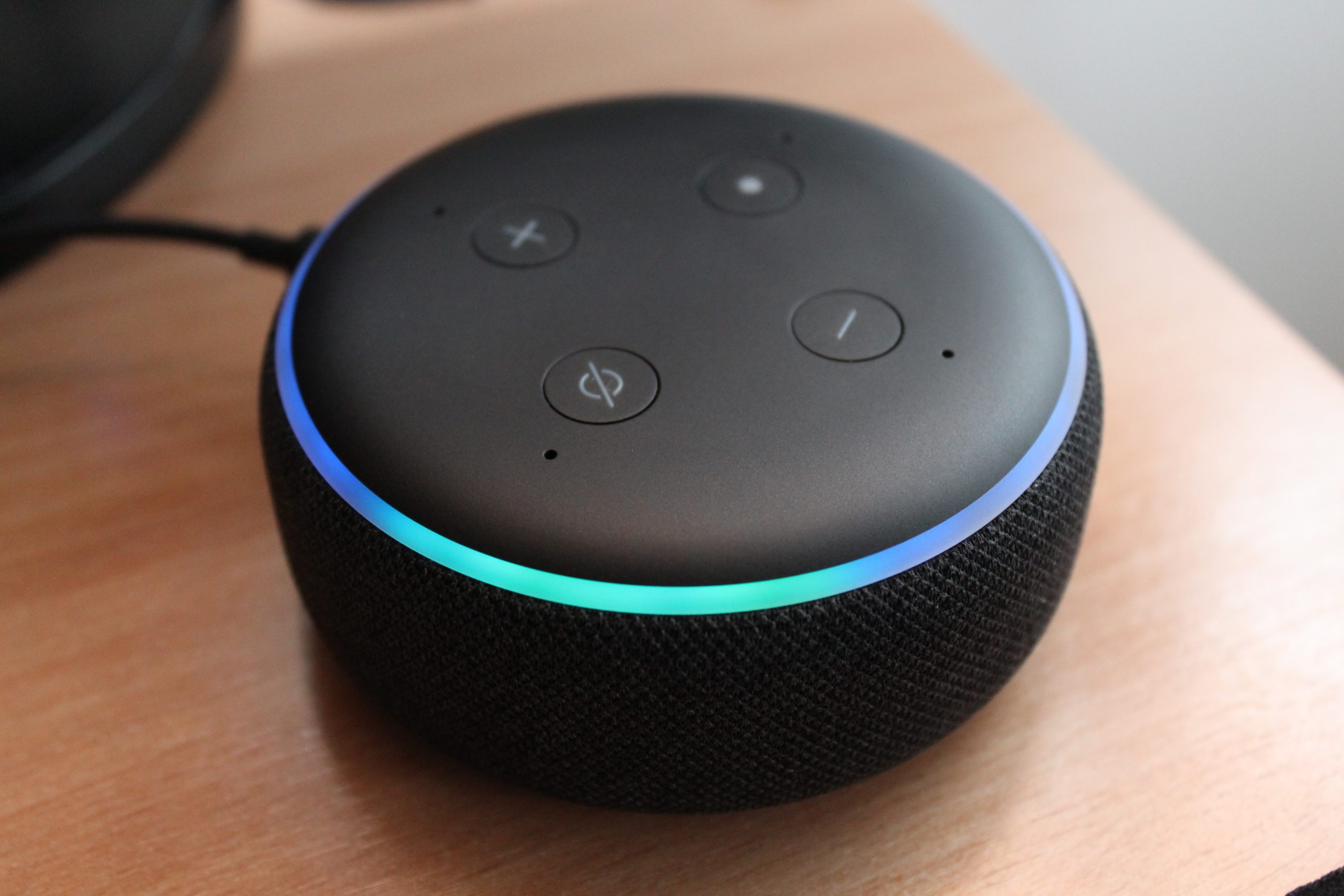Serious malware has been identified in Android apps; Check out any of them
2 min read
Cybersecurity experts from McAfee, which is responsible for marketing antivirus software, found 16 malicious android apps. It is made available on the Play Store, the official store for the Android operating system, with more than 20 million downloads. The malware operates in a “click” mode that is known to take control of the victim’s cell phone and gain access to websites and other applications without the person’s knowledge. Google has removed the apps from the Store, however, you can still install them on your device. So, find out which apps contain malware.
Read more: Lite: Lighter versions of these apps give you more space on your phone
Delete these apps to protect yourself from malware on Android
Usually, apps with built-in malware are known to offer good features to users, such as flashlights, calendars, camera apps, or note and task managers. See the names below:
- high speed camera
- smart task manager;
- flashlight +;
- memo calendar;
- K-Dictionary
- Busan Bus.
- QuickNote
- currency converter;
- Joe Code.
- EzTip.
- Instagram Profile Downloader
- Ez Notes;
- flash lite
- Calculate
High-speed Camera, Smart Task Manager, Flashlight +, Memo Calendar, K-Dictionary and BusanBus apps have registered over 1 million downloads on PlayStore. More than 10 million apps have been downloaded just in the high-speed camera.
How does a malware attack work
Once installed on the phone, the app starts downloading its configuration remotely. Thus, it registers a configuration known as FCM (Firebase Cloud Messaging) to receive updates after the application has been downloaded. Thus, the idea is to browse websites in the background, as if you were a cell phone user, generate traffic and access websites with ad content, practice fraud and illegal advertising.
The app may seem harmless, but it secretly works by capturing data from the websites the user visits and then using the browser as if it were themselves. So, the only way to stay away from this kind of deceptive apps is to uninstall it from your device. Avoiding downloading unofficial apps and using security devices, such as antivirus, can also be one of the measures taken to browse your smartphone without revealing your personal data.

“Musicaholic. Thinker. Extreme travel trailblazer. Communicator. Total creator. Twitter enthusiast.”







